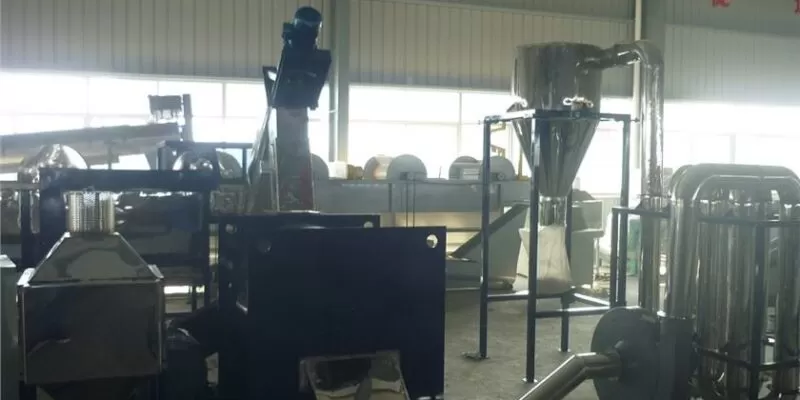Plastic pollution is a global issue, and Croatia is no exception. Despite being known for its crystal-clear waters and stunning natural landscapes, plastic waste threatens to tarnish its pristine environment. How is Croatia tackling this problem? Through its innovative plastic recycling programs.

Croatia addresses plastic waste through comprehensive recycling programs that reduce waste and promote sustainability. These initiatives include public education, establishing recycling facilities, and collaborating with international organizations.
Let’s dive into the details of Croatia’s plastic recycling efforts.
How Is Croatia’s Plastic Recycling System Established?
Croatia’s plastic recycling system is driven by strong governmental support. To combat environmental pollution, the government has implemented strict regulations, mandating businesses and residents to participate in recycling programs. By creating a national recycling network, Croatia has built an efficient system.
The government also incentivizes businesses to invest in recycling technologies and infrastructure through subsidies and grants.
How Do the Recycling Programs Operate?
Croatia’s plastic recycling programs involve multiple stages. From household recycling bins to processing centers, each step is crucial. Residents separate their plastic waste and deposit it in recycling bins, which are regularly collected by professional recycling companies and transported to processing centers.
At these centers, plastic waste undergoes sorting, cleaning, shredding, and other processes to transform it into reusable raw materials. These materials can then be used to manufacture new products, completing the recycling loop.
How Does Education and Public Participation Influence Recycling?
Education and public participation are key to successful recycling. The Croatian government and environmental organizations use various channels to promote the importance of plastic recycling, raising environmental awareness among the public. Schools, communities, and media are all involved, conducting diverse educational activities.
As a result, more Croatian residents are aware of the importance of recycling and actively participate in recycling programs.
How Does International Cooperation Boost Croatia’s Recycling Programs?
International cooperation plays a significant role in Croatia’s plastic recycling initiatives. By collaborating with international organizations and other countries, Croatia shares experiences and technologies to advance recycling efforts.
Through participation in international projects and conferences, Croatia has gained access to advanced recycling technologies and management practices, which have significantly improved domestic recycling programs.
What Are the Achievements of Croatia’s Recycling Programs?
Croatia’s plastic recycling programs have achieved notable results. Statistics show that Croatia’s recycling rates have been steadily increasing, effectively reducing the amount of plastic waste. Many recycled plastics have been successfully converted into new products and re-entered the market.
Additionally, through these recycling efforts, Croatia’s environmental quality has significantly improved, and plastic pollution in both marine and terrestrial environments has been effectively controlled.
What Are Croatia’s Future Plans for Plastic Recycling?
Despite the achievements, Croatia continues to explore more effective recycling methods. Looking ahead, Croatia plans to expand the coverage of recycling facilities, promote more advanced recycling technologies, and further enhance public education and international cooperation.
Through these efforts, Croatia aims to achieve higher recycling rates, further reduce environmental pollution, and promote sustainable development.
Conclusion
Croatia’s plastic recycling programs demonstrate how a nation can effectively address plastic pollution through government initiatives, public participation, and international collaboration. This not only helps protect the environment but also provides valuable insights for other countries.
Each of us can be inspired to actively participate in plastic recycling and contribute to the sustainable development of our planet.
